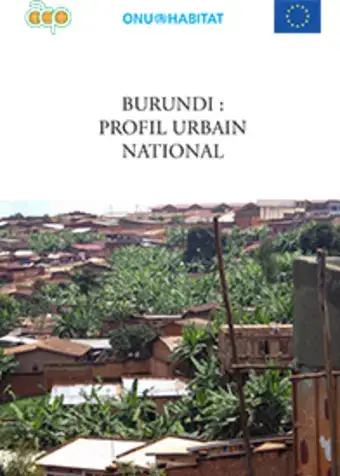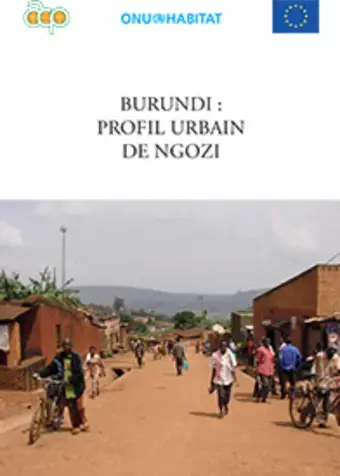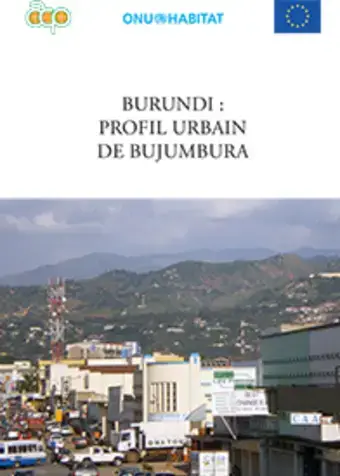Brussels, 11 November 2014-- UN-Habitat Deputy Executive Director Dr. Kacyira Kirabo last Friday attended a meeting of the African, Caribbean and Pacific Group of States meeting in Brussels where she appraised the ambassadors and representatives present on her agency’s work in slum upgrading.
Affordable housing should be “at the centre of cities”: Joan Clos
Nairobi, 28 October 2014 – UN Under-Secretary-General and Executive Director of UN-Habitat has said that affordable housing should be put back at the centre of cities, both in terms of planning and policy, and geographical location.
He made the comments at the launch of the report, “A blueprint for addressing the global affordable housing challenge” by the McKinsey Global Institute, the research arm of international private consulting firm, McKinsey.
Nigeria and Cameroun hold premier National Urban Forums
 Nairobi, 28 October 2014-- Nigeria and Cameroun recently held their first ever urban forums, underpinning the importance of such events as the world heads to the Habitat III Conference.It was remarkable that the two national urban forums were held as part of the World Habitat Day 2014 which was also part of the Urban October, the month UN-Habitat set aside to highlight urbanization issues in the world.In the Nigeria forum, the Federal
Nairobi, 28 October 2014-- Nigeria and Cameroun recently held their first ever urban forums, underpinning the importance of such events as the world heads to the Habitat III Conference.It was remarkable that the two national urban forums were held as part of the World Habitat Day 2014 which was also part of the Urban October, the month UN-Habitat set aside to highlight urbanization issues in the world.In the Nigeria forum, the Federal
Cameroon Impact Story - French
 Les bidonvilles sont une des caractéristi ques dominantes et régulières descentres urbains du Cameroun. Plus de la moitié des Camerounais vit aujourd’huidans des villes (53%, soit environ 13 millions sur le nombre estiméde 23 millions de Camerounais) , et environ 60% d’entre eux vit dans desétablissements informels et des bidonvilles.
Les bidonvilles sont une des caractéristi ques dominantes et régulières descentres urbains du Cameroun. Plus de la moitié des Camerounais vit aujourd’huidans des villes (53%, soit environ 13 millions sur le nombre estiméde 23 millions de Camerounais) , et environ 60% d’entre eux vit dans desétablissements informels et des bidonvilles.
Kenya Impact Story - French
 Avec plus de la moitié (environ 56%) de la population urbaine vivantdans des établissements informels et des bidonvilles, et un taux de croissance urbaine de 4,34%, la capacité et l’engagement de la Constitution kenyane de 2010 pour faire face au défi du logement abordableet des bidonvilles du pays, polarisent l’attention.
Avec plus de la moitié (environ 56%) de la population urbaine vivantdans des établissements informels et des bidonvilles, et un taux de croissance urbaine de 4,34%, la capacité et l’engagement de la Constitution kenyane de 2010 pour faire face au défi du logement abordableet des bidonvilles du pays, polarisent l’attention.
Kenya Impact Story
 With more than a half of the urban population living in informal settlements and slums (around 56%) and an urban growth rate of 4.34% ,the capacity and commitment of Kenya’s 2010 Constitution to address the country’s affordable housing and slum challenge is brought into focus.This impact story explores the frameworks and platforms
With more than a half of the urban population living in informal settlements and slums (around 56%) and an urban growth rate of 4.34% ,the capacity and commitment of Kenya’s 2010 Constitution to address the country’s affordable housing and slum challenge is brought into focus.This impact story explores the frameworks and platforms



